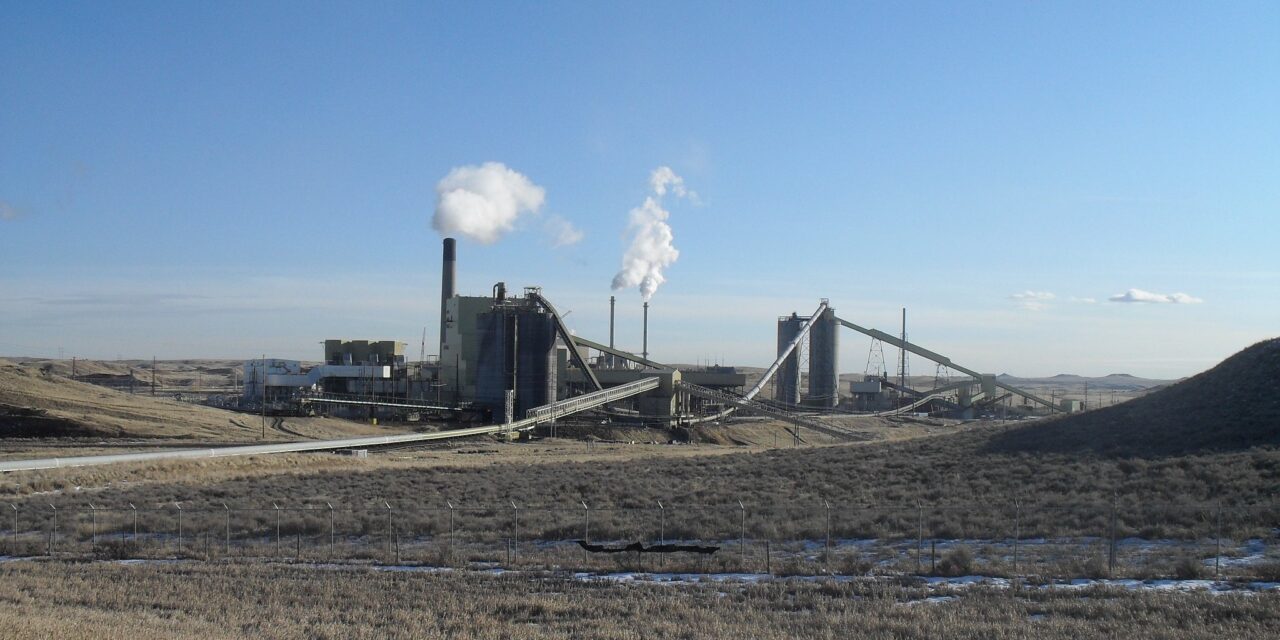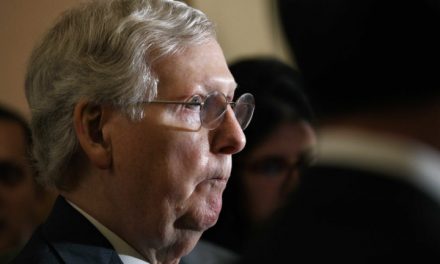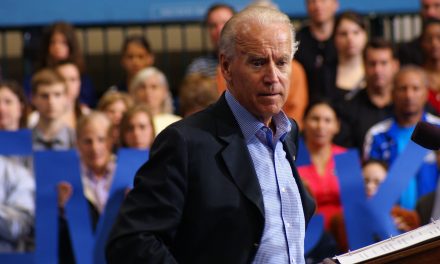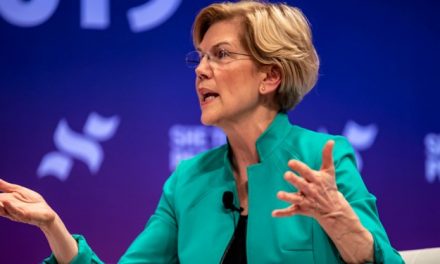On Thursday, the Bureau of Land Management (BLM) announced that it will end new coal leasing in the Powder River Basin, a region that straddles the Montana and Wyoming border and represents the largest coal-producing region in the United States. The consternation was immediate, with Montana Governor Greg Gianforte saying in a statement that, “Every action taken by the Biden administration is driving up the cost of affordable energy and threatening the reliability of our electrical grid,” and Wyoming Sen. John Barrasso accusing the White House of “waging war on Wyoming’s coal communities and families.”
Currently, Wyoming supplies more than 40 percent of the coal produced in the United States, and this BLM policy change won’t change that. Demand for coal is quickly dimming as natural gas is preferred for power stations. Natural gas is cheaper and more environmentally friendly, and there are enough extant coal leases that what demand exists can be satisfied.
But coal barons and their bought-and-sold politicians are freaking out.
“I am horrified to see the Biden administration’s latest assault on our nation’s domestic energy production,” said Senator [Cynthia] Lummis. “Wyoming has been targeted left and right by rule after rule handed down by this administration as it works to cater to the extremists within the Democratic Party. The Cowboy State produces some of the cleanest and best coal in the world. This RMP [resource management plan] will push our country to rely on foreign adversaries for energy needs at a time when our grid is pushed to the brim and Wyoming coal is needed now more than ever to power our nation and the world. I will work with my colleagues every step of the way to prevent this RMP from going into effect.”
In truth, the BLM is responding to a federal judge.
In 2022, in response to a challenge from conservation groups, a federal judge found that the two resource management plans failed to address the public health consequences of allowing massive amounts of coal, oil, and gas production from public lands and minerals in the Powder River Basin, including approximately 6 billion tons of low-grade, highly polluting coal over 20 years. The court ordered BLM to redo its environmental analysis.
In the ruling, U.S. District Judge Brian Morris found that BLM failed to comply with a previous court order directing the agency to account for the environmental and human health impacts of burning publicly owned coal. The judge also held that BLM failed to consider alternatives that would limit or end new coal leasing in the Powder River Basin in violation of the National Environmental Policy Act.
As a result, the BLM opted to end rather than merely limit new coal leasing. You’ll notice that contrary to Sen. Lummis’s claim that Wyoming produces “some of the cleanest and best coal in the world,” the coal at issue was judged to be “low-grade [and] highly polluting.”
I drove across northern Wyoming a few years ago, and it seemed like the main economic activity was coal mining. Sen. Barrasso claims that the economic costs of these restrictions will be debilitating: “This will kill jobs and could cost Wyoming hundreds of millions of dollars used to pay for public schools, roads, and other essential services in our communities.” I’m sure there will be some economic impact, but I’m not sure it will be as severe as Barrasso suggests.
What I do know is that when I think about U.S. Senators and Powder River Country, I think about the Johnson County War of 1892. I might write a whole post about that conflict, but the short version is that cattle barons grew murderously frustrated that homesteaders were legally grazing their small herds on public land they wanted to monopolize. With the full knowledge of the governor, they hired an assassination crew made up largely of employees of their Wyoming Stock Growers Association to terrorize the homesteaders. The posse carried a list of 70 people they were authorized to kill. The cattle barons controlled all the newspapers and had the state’s U.S. Senators in their pockets, and in the years leading to the war they spun a tale that the homesteaders were rustling their herds, but it was bullshit.
That same year, 1889, Johnson County juries acquitted suspects in five cattle theft cases. Big cattlemen reacted in fury, stating publicly and in private correspondence that the acquittals proved it was impossible to present evidence to a Johnson County jury—no matter how compelling—that would produce a conviction.
A close review of contemporary newspaper articles and court documents, however, shows the cases brought against the accused men to be deeply flawed, seemingly motivated by huge reward money and a frantic determination by owners of big herds to punish owners of small herds who claimed rights to grazing on public land.
When the homesteaders rose up to defend themselves and cornered the assassination posse, the governor telegraphed President Benjamin Harrison for help. When the telegraph was inexplicably not received, the two Wyoming senators awoke President Harrison in the middle of the night and convinced him to send in the military. The military arrested the assassins but only to save them from certain death. The governor then made sure that none of them faced justice for their actions.
In today’s Wyoming, the coal barons don’t have to worry about competition from homesteaders, and therefore they can more easily convince the public that environmentalists are attacking their livelihood rather than monopolizing the industry. But the average citizen of Wyoming has just as much right to public lands as the corporate bigwigs, and that means they have an interest in the preservation of the public lands.
Just as it was in the late 19th-Century, baron control of the media and the state’s politicians means that looking out for the little guy always comes last. They will spin a tale that dirty coal is clean and low-grade coal is “the best.” They’ll say the Biden administration cares more about helping China than the citizens of Wyoming. Hopefully, this time around they won’t murder anyone, but you can sure they’d support a second Trump coup should he lose the November election.







